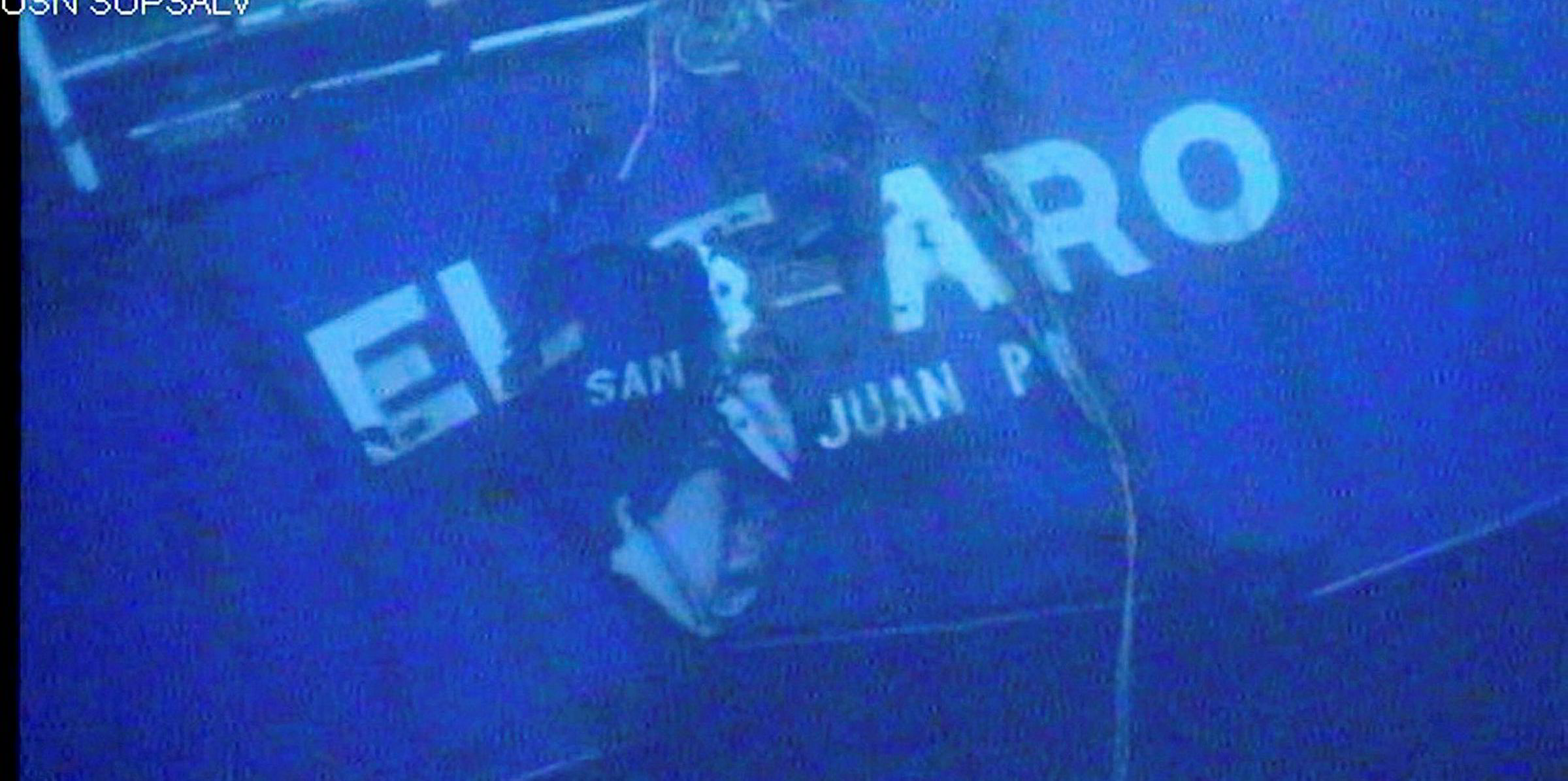The US House of Representatives has passed a bill to address key marine safety issues raised in response to the sinking of the US-flag El Faro in 2015.
Lawmakers passed a package of legislation including the Maritime Safety Act of 2018, which includes provisions covering timely weather forecasts, emergency safety gear with locator beacons, float-free voyage data recorders with integrated emergency position indicating beacons and other safety improvements.
“This legislation will help keep our oceans cleaner, keep our mariners safer, and help the Coast Guard to acquire new technologies to meet their mission needs,” said Southern California Republican congressman Duncan Hunter, who sponsored the bill.
The 5,330-lane-metre El Faro (built 1975) was a 40-year-old combination containership ro-ro (conro) that sank on 1 October 2015 killing all 33 crew members onboard.
Avoiding the next disaster
Owned by TOTE Maritime, El Faro was loaded with containers and vehicles and bound for Puerto Rico from Jacksonville, Florida, when Hurricane Joaquin struck it.
Separate and detailed investigations by the US Coast Guard and the National Transportation Safety Board carried lengthy twin investigations into the sinking. While it was determined that the captain made crucial judgement mistakes, industry watchers also blamed the advanced age of the vessel and its obsolete machinery.
Another major concern the USCG raised during the investigation hearings was whether the El Faro was responsibly loaded.
New USCG oversight department
The bill, which still must pass the Senate and win the signature of President Donald Trump to become law, mandates the creation of a new oversight department within the USCG to ensure compliance and safety of vessels surveyed by third parties.
The agency would have to establish a process of risk analysis to determine which ship surveys should be by trained USCG personnel, with the public being able to track poorly-conducted inspections with a new website.
If the bill is enacted, the USCG will be required to post a list of failed inspections or discrepancies online.
The USCG also will have to estimate what it would cost to triple the staff for the agency’s travelling inspection team.
This article has been amended since publication to reflect that a provision on closed lifeboats was not included in the bill.



